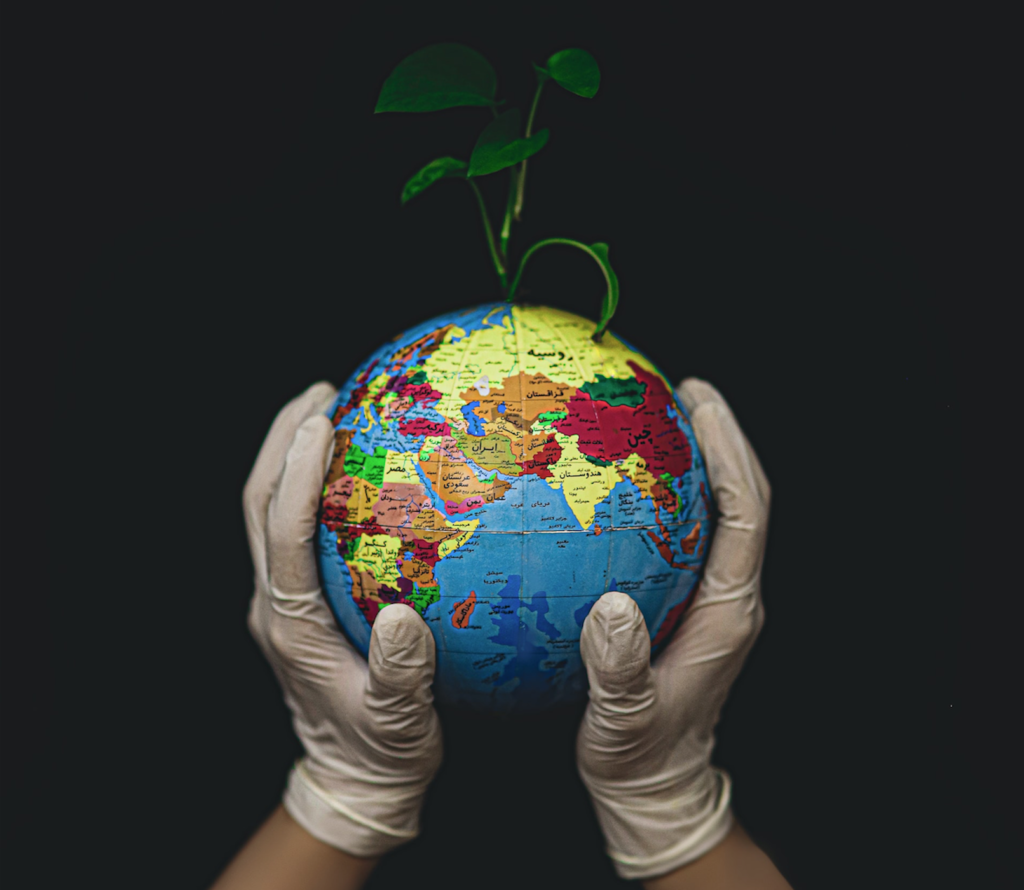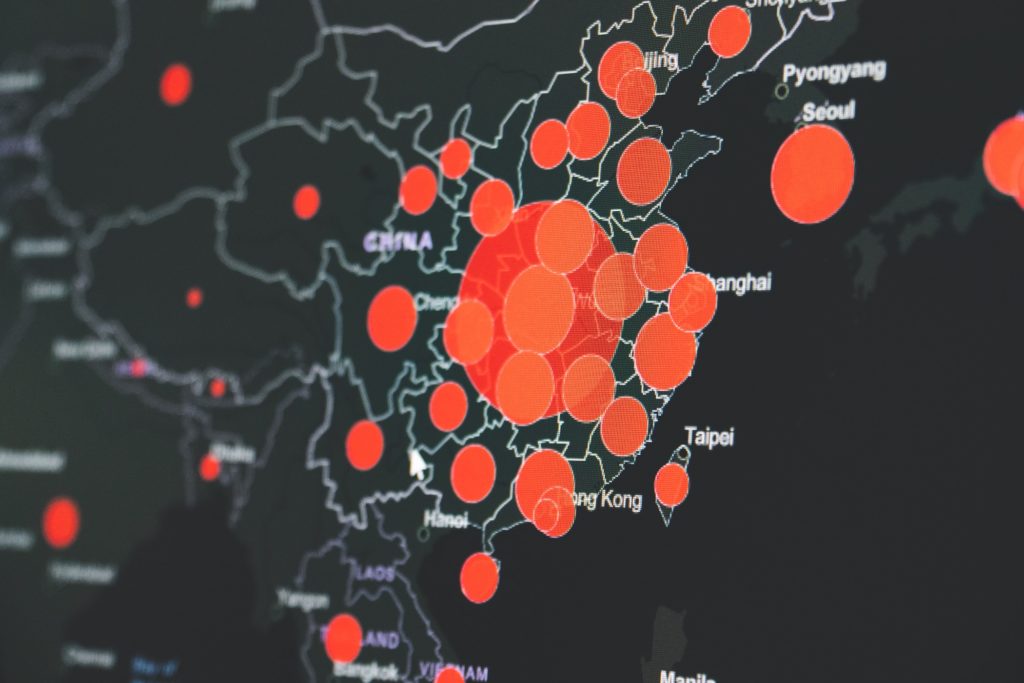
In Search of the Climate-Migration Lexicon
A warming world, displacement, migrants, refugees. Not only do words have the power to change popular perceptions, but they also shape legal landscapes, influence policy measures, and determine the fates of the most vulnerable. A collection of voices, definitions, infographics, and numbers provides a snapshot of the complex and multifaced climate-migration nexus.











